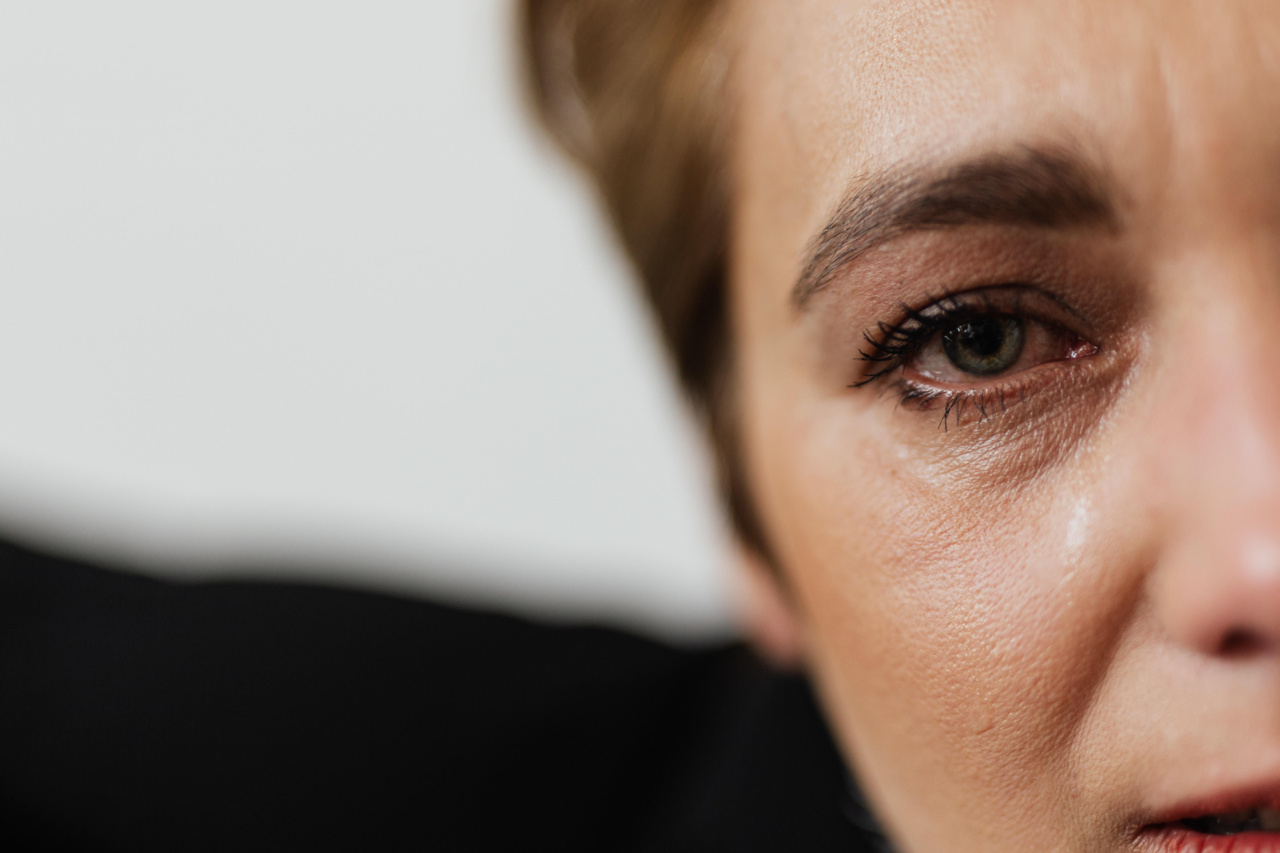Head injuries can have a wide range of effects on the body, including blurred vision. Blurred vision refers to a condition in which a person’s eyesight becomes unclear or hazy, making it difficult to see objects with sharpness and clarity.
This visual impairment can vary in severity and duration, depending on the extent of the head injury and other individual factors.
Symptoms of Blurred Vision
Blurred vision can present itself in different ways, and individuals may experience a variety of symptoms following a head injury. Some common signs and symptoms of blurred vision include:.
- Difficulty focusing on objects
- Dull or hazy vision
- Seeing double or multiple images
- Eye strain or fatigue
- Sensitivity to light
- Headaches or migraines
- Eye pain or discomfort
- Reduced peripheral vision
- Difficulty reading or performing close-up tasks
Causes of Blurred Vision after a Head Injury
Blurred vision can occur after a head injury due to various reasons. One common cause is a concussion, which is a mild traumatic brain injury resulting from a blow to the head or violent shaking of the body.
Concussions can disrupt normal brain functions, including those related to vision, leading to temporary or persistent blurriness.
In some cases, head injuries can also damage the optic nerves or the structures within the eye itself. This damage can disrupt the normal transmission of visual information to the brain, leading to blurred vision or other visual impairments.
Furthermore, head injuries may cause swelling or inflammation in the brain or ocular tissues, which can also affect vision.
The pressure exerted by the swelling can interfere with the normal functioning of the visual system, causing blurred or distorted vision.
Additionally, the sheer force of the impact during a head injury can result in damage to the muscles, ligaments, and connective tissues that control eye movement and focus.
When these structures are affected, the coordination and control of eye movements can be impaired, leading to blurred vision.
Treatment Options for Blurred Vision
When experiencing blurred vision after a head injury, it is crucial to seek medical attention immediately.
A healthcare professional will assess the severity of the injury and provide appropriate treatment options based on the specific cause and symptoms.
In cases of mild concussions or head injuries, doctors may recommend rest and observation. This allows the brain and eyes to recover naturally over time.
Over-the-counter pain medications may be suggested to alleviate any associated headaches or discomfort.
If the blurred vision persists or is more severe, further investigations may be required.
An ophthalmologist or neurologist may perform specialized eye tests, imaging scans, or neurological assessments to identify the underlying cause of the visual impairment. Based on the diagnosis, treatment options can include:.
- Prescription eyeglasses or contact lenses to correct refractive errors
- Medications to reduce inflammation
- Vision therapy to improve eye coordination and focus
- Surgery to repair any structural damage in the eye or optic nerves
- Management of other associated conditions, such as migraines or sensitivity to light
It is essential to follow the recommended treatment plan and attend any scheduled follow-up appointments to ensure the best possible outcome for recovering visual function.
Prevention and Recovery
While some head injuries and resulting blurred vision may be unavoidable, there are steps individuals can take to reduce the risk and aid in recovery:.
- Wearing protective headgear during activities that involve a high risk of head injuries, such as contact sports or construction work
- Using seat belts and car seats as directed to minimize the risk of head injuries during vehicular accidents
- Practicing good workplace safety measures, including wearing appropriate safety gear and following safety protocols
- Adopting a healthy lifestyle with regular exercise and a well-balanced diet to maintain overall physical and mental well-being, which can aid in recovery
- Avoiding activities that may increase the risk of a head injury, such as diving into shallow water
- Complying with medical recommendations, following prescribed treatments, and attending all follow-up appointments for optimal recovery
When to Seek Immediate Medical Attention
While some cases of blurred vision may improve with time and rest, certain situations require urgent medical attention.
If any of the following symptoms accompany blurred vision following a head injury, emergency medical care should be sought immediately:.
- Loss of consciousness
- Severe headache
- Difficulty speaking or understanding speech
- Numbness or weakness in the face, arms, or legs
- One pupil appearing larger than the other
- Seizures or convulsions
These symptoms may indicate a more severe head injury or underlying condition that requires immediate evaluation and treatment.





























